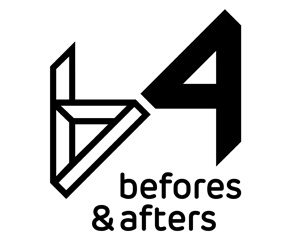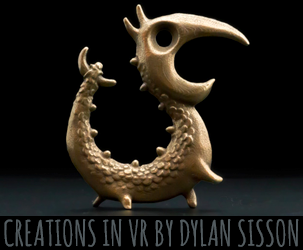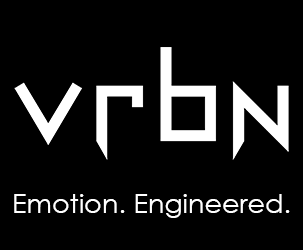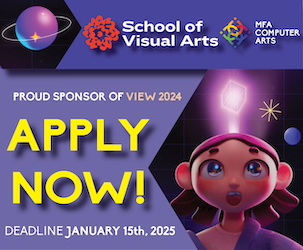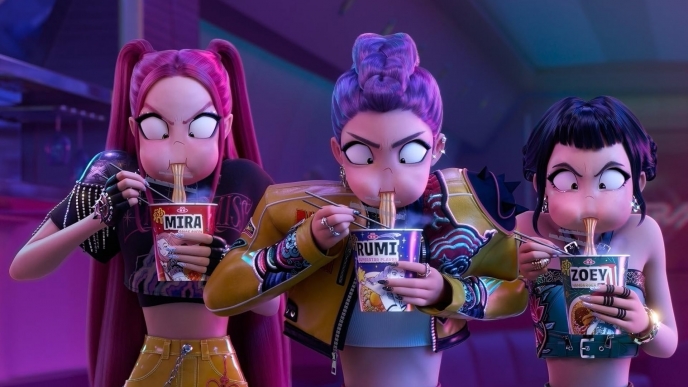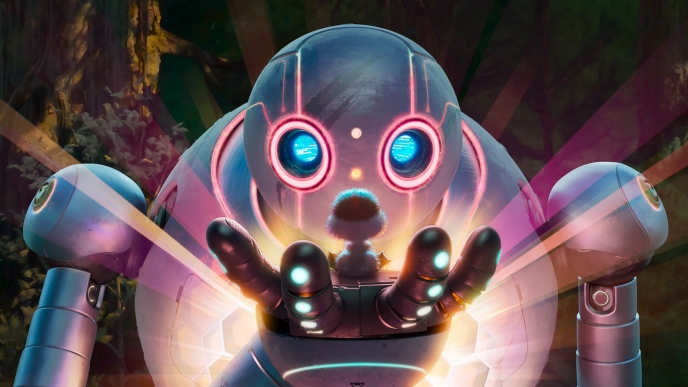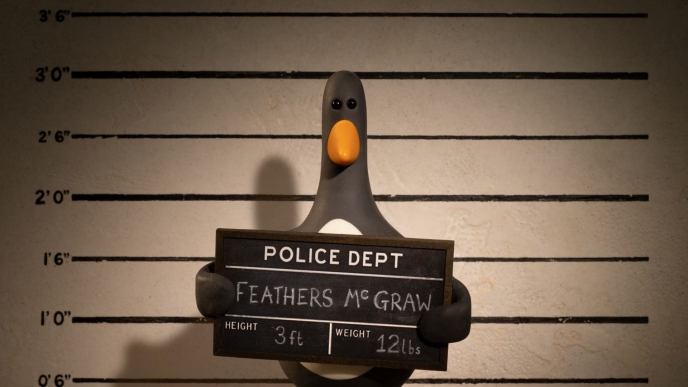


SOUL and the Cinematic Empathy Machine
By Maria Elena Gutierrez
In Disney and Pixar’s Soul, jazz pianist and music teacher Joe Gardner finds himself transported to The Great Before, a fantastic realm where unborn souls are prepared for life on Earth. Coming to terms with his new existence as a disembodied entity, Joe becomes mentor to another soul known only as ’22.’ Together they return to Earth on a quest to discover just what it is that makes life meaningful.
Pete Docter, who directed Soul alongside co-directorKemp Powers, has frequently used cinema as a way of exploring metaphysical questions. Soul, which explicitly asks where human personalities come from, is the next fascinating step along this investigative path.
Docter and Powers join a tradition of filmmakers who have examined such philosophical
Nor is it any surprise that the medium of animation has become a potent tool in the quest to find answers to these questions. Sophisticated animation techniques, evident in Soul’s seductive blend of ‘real world’ imagery and its surreal visualisation of TheGr
The film’s two visual styles prove that modern animation is a vibrant, ever-evolving art form. In contrast to the brightly-lit three-dimensional reality of Soul’s New York City sequences, The Great Before bo
The music of Soul, which combines jazz songs by Jon Batiste with a new-age score by Trent Reznor and Atticus Ross, plays a big part in defining the two worlds. By its very nature, music has the capacity to move away from the binary access of rational language and transport the listener into a space of emotions. In this respect, music itself is a representation of the soul and, indeed, the most beautiful sequences in Soul are those where the music comes front and center, especially the epiphany sequence where Joe sits at his piano and reflects on all the mundane miracles of his life on Earth.
The simple ordinariness of Joe’s epiphany is what gives Soul its power. By leaving the story open, Docter and Powers invite the audience to ponder their own life choices. By putting themselves in Joe’s shoes, they gain the confidence to ask themselves the same question that inspired the directors to make Soul in the first place. Do I have a path? Am I living a meaningful life? In this way, Soul forges a emotional link between storyteller and spectator, proving that the medium of cinema remains exactly what it has always been – an empathy machine.
Dr. Maria Elena Gutierrez is the CEO and executive director of VIEW Conference, Italy’s premiere annual digital media conference. VIEW Conference is committed to bringing a diversity of voices to the forefront in animation, visual effects and games. For more information about the VIEW Conference 2021 program of events, visit the official website:






















